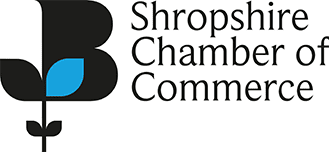The latest labour market data has been published today by the Office For National Statistics. It shows that wages have risen faster than inflation by the most for two years, but there are signs the jobs market is starting to weaken.
Regular pay rose at an annual rate of 7.7% between July and September, faster than price rises over the same period - but wage rises are starting to slow in some industries.
The UK's unemployment rate was unchanged at 4.2%, but the number of job vacancies has continued to fall.
Between August and October, the estimated number of vacancies in the UK fell by 58,000 to 957,000, the Office for National Statistics (ONS) said..
Jane Gratton, Deputy Director of Public Policy at the British Chambers of Commerce, said: “There are clear signs of a cooling off in the labour market, with vacancies continuing to trend downwards and unemployment remaining static.
“But employers are still struggling, as wages continue to outpace inflation and the impact of 14 consecutive interest rate rises starts to bite. It is also a concern that the flow of inactive workers back into employment appears to have stalled.
“A thriving economy needs a skilled and flexible workforce in every region and sector. That’s why the UK Government and employers need to invest now to address the skills shortages that are holding everyone back.
“The Chancellor must use the Autumn Statement to help businesses boost their investment in high quality training. It is also essential that everyone who wants to work can access the healthcare and support they need to thrive in employment.”











Latest News